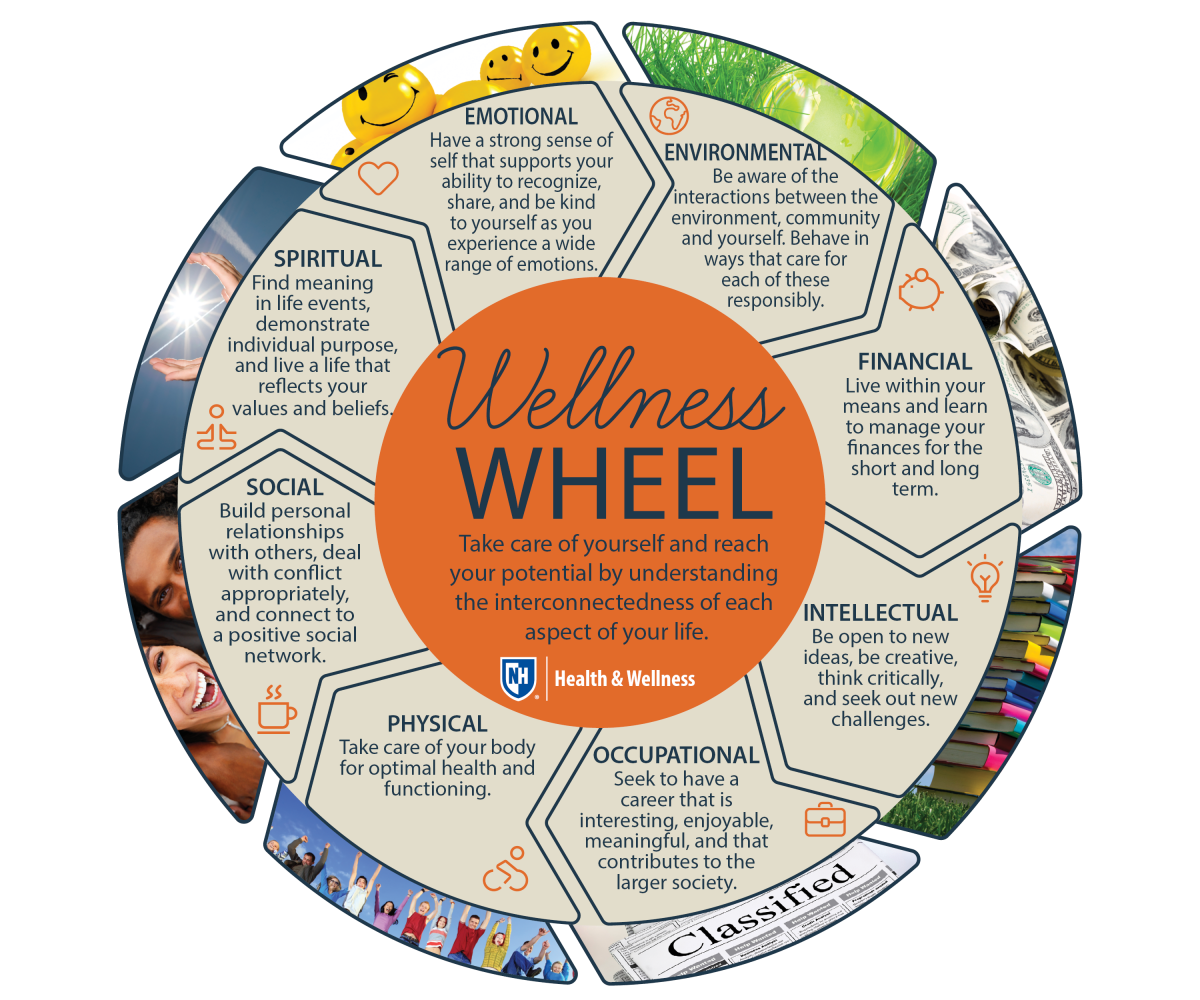I used to think self care was a luxury, that it only involved activities that included pampering yourself and making you feel good by any means necessary. I remember I used to do everything in the name of self care: eating McDonald’s in the name of self care, random shopping spree in the name of self care, getting my hair and nails done in the name of self care, sleeping until noon in the name of self care - I’m sure you get the point. But don’t get me wrong, these things can be considered self care; they’re just the bare minimum, the basics. Self care is a lot deeper than eating a McDonald’s meal because you’ve had a bad day and you deserve comfort food. Self care is healing. It’s life changing. It’s an emotional rollercoaster. The self care I mentioned above is superficial, which can still be beneficial, but only on a superficial level. Sometimes we need that deep self care that will not only be beneficial to us in the present moment, but also in the long run. So, what does that deep self care look like?
Practicing holistic health is a great way to take care of ourselves on a deeper level.
“Holistic health is about caring for the whole person — providing for your physical, mental, spiritual, and social needs. It's rooted in the understanding that all these aspects affect your overall health, and being unwell in one aspect affects you in others.”
Holistic health allows you to become one with yourself. If you are unfamiliar with holistic health, below is the “Wellness Wheel,” which displays eight dimensions of health: emotional, environmental, financial, intellectual, occupational, physical, social, and spiritual. In order to practice holistic health, we must cater to the several dimensions of health. Think about where you are on the Wellness Wheel and how often you cater to each dimension of health. Ask yourself, which dimensions do I cater to most, and which ones would I like to spend more time with?
https://www.unh.edu/health/wellness-wheel
Luckily, I have some resources for you to aid you in your holistic health practice. Recently I released two YouTube videos on my channel, taking viewers through a week of my holistic self care routine and discussing the importance of practicing holistic health. “Take what you need” is a simple technique to practicing holistic health that I shared in my videos. It is a technique I came up with to help me practice self care daily. Here is how you use the technique: each day, assess your feelings. Based on that information, do something that caters to those feelings. For example, if I am feeling anxious, I may take some time to meditate or be still to relax my mind. Another example, if I am triggered by past trauma or experiences, I might go to my journal and write about how I feel to release those feelings and get to the root of them. Last, if I am feeling accomplished, I may celebrate and practice gratitude to honor myself. In these moments, I remind myself that emotions are not right or wrong; they are simply information. It’s a matter of addressing the emotions to practice vulnerability and allowing yourself to feel.
Here are some questions to ask yourself to help assess your feelings:
How am I feeling? - We’re so used to asking others this question but fail to ask ourselves this sometimes.
Which 5 words describe how I am feeling right now?
What is causing me to feel this way?
What do I need in this moment?
In addition, writing out the self care activities you enjoy as they align with each dimension of wellness can be helpful in practicing holistic health. Here is an example of the activities I enjoy and based on how I feel each day, I draw from this list daily and take what I need. For my list, I focused on six of the eight dimensions of health in the Wellness Wheel.
Here is the same worksheet that you can download and edit to help you with your holistic wellness journey.
You can jot down as many or as little activities as you like, but never feel pressured to cater to all of the dimensions of health if you feel like you can’t or don’t need to at the moment. The purpose of this is not to feel pressure. As someone who is working on becoming less of a perfectionist, it’s important not to feel the pressure of having to do everything on your list every day or consistently. By using the “take what you need” method, analyze and assess your feelings each day and simply, take what you need.

